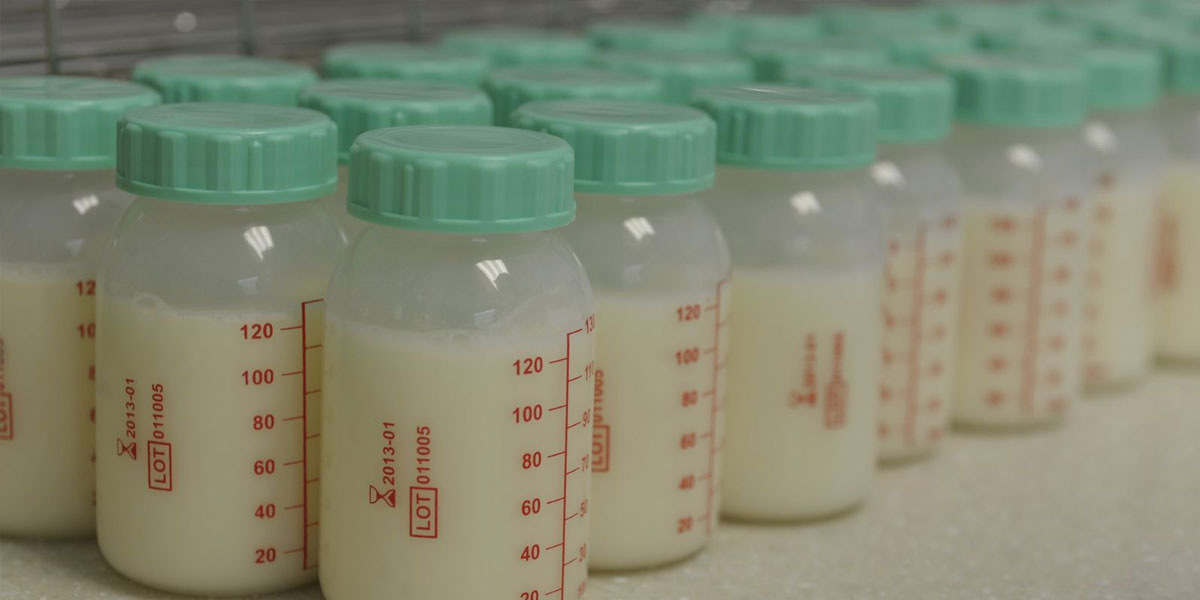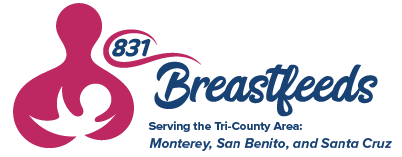
Parents often inquire where they might donate their excess breast milk, knowing that it can help save another child’s life. At the same time, other families investigate options to find breast milk for their babies when they are unable to provide their own milk.
Milk Bank Donation / Request
Many families turn to one of the 31 member milk banks of the Human Milk Banking Association of North America (HMBANA) that have a standardized system of collecting milk and screening donors.
Mothers’ Milk Bank (MMB), located in San Jose, is the oldest operating milk bank in North America, and was founded in 1974 to satisfy the need for human milk to feed premature infants. Mothers’ Milk Bank is committed to provide quality services in California and other Western states and serves over 80% percent of California’s neonatal intensive care units.
To become a donor, call 1-877-375-6645.
For more information, go the MMB website at mothersmilk.org.
Peer to peer sharing
Some parents who need breast milk turn to family members and friends in an informal milk sharing arrangement. Peer to peer sharing may include breastfeeding another family’s baby and/or sharing breast milk for feeding. Other families use social networking sites to connect with parents who are willing to donate milk. Private arrangement milk sharing (PAMS) has increased in popularity as more parents learn about the superiority of breast milk feeding.
At least two professional organizations have come out with evidence-based recommendations for informal milk sharing: Academy of Breastfeeding Medicine and the American Academy of Nursing. La Leche League International has a webpage on Milk Donation and Sharing with resources for families who either want to donate milk or need donations.
In addition, Eats on Feets (EOF), a community-based world-wide network, offers resources for informed breast milk sharing. EOF facilitates Facebook pages for parents, caretakers, and professionals, but does not support or approve of the selling of breastmilk on their network.
The American Academy of Pediatrics and the Food and Drug Administration stress the importance of safe breast milk handling and caution against purchasing milk on the internet.
For information on the proper storage and preparation of breast milk, review the CDC guidelines.
